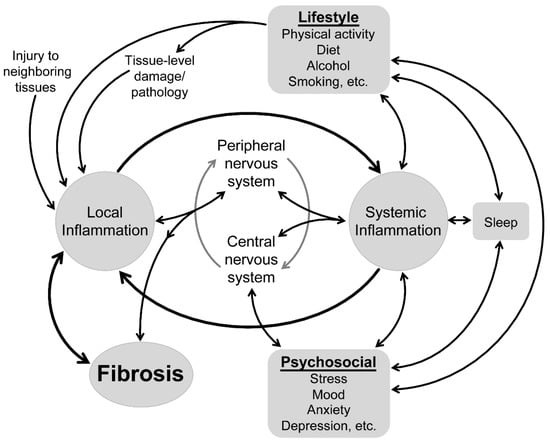
Groundbreaking research from the University of Queensland has revealed a potential connection between inflammation, metabolic dysfunction, and treatment-resistant depression (TRD), offering new hope for patients who don't respond to traditional antidepressants.
The preclinical study, led by Dr. Roger Varela at the Queensland Brain Institute, investigated how stress-induced inflammation and metabolic changes may impair dopamine production in the brain, leading to depression symptoms that resist standard treatments.
"Between 10-30% of people with depression don't respond to typical antidepressant drugs, while another 30-40% only achieve partial improvement," explains Dr. Varela. "Many patients cycle through multiple medications over months or years before being diagnosed with TRD."
Using an animal model, researchers examined how chronic stress affects inflammation markers and cellular energy production (bioenergetics) in relation to brain function. They discovered that inflammation and metabolic dysfunction can disrupt dopamine synthesis - the "feel good" neurotransmitter essential for experiencing pleasure and motivation.
The findings suggest that body-wide inflammation may effectively shut down the brain's reward system, resulting in anhedonia - the inability to feel joy or pleasure - a common symptom in treatment-resistant depression.
"This research reinforces the mind-body connection," notes Dr. Varela. "Managing inflammation through diet, exercise, sleep and a positive environment may help protect brain function."
The team is now collaborating with clinical research groups to validate these findings in human patients. They aim to develop a blood test that could predict how individuals might respond to different antidepressants, potentially streamlining treatment selection and improving outcomes.
This work has gained increased attention since the COVID-19 pandemic sparked greater public interest in mental health research, particularly regarding inflammation's role in brain health. The research continues with support from the NHMRC, ARC and private foundations committed to advancing mental health treatments.